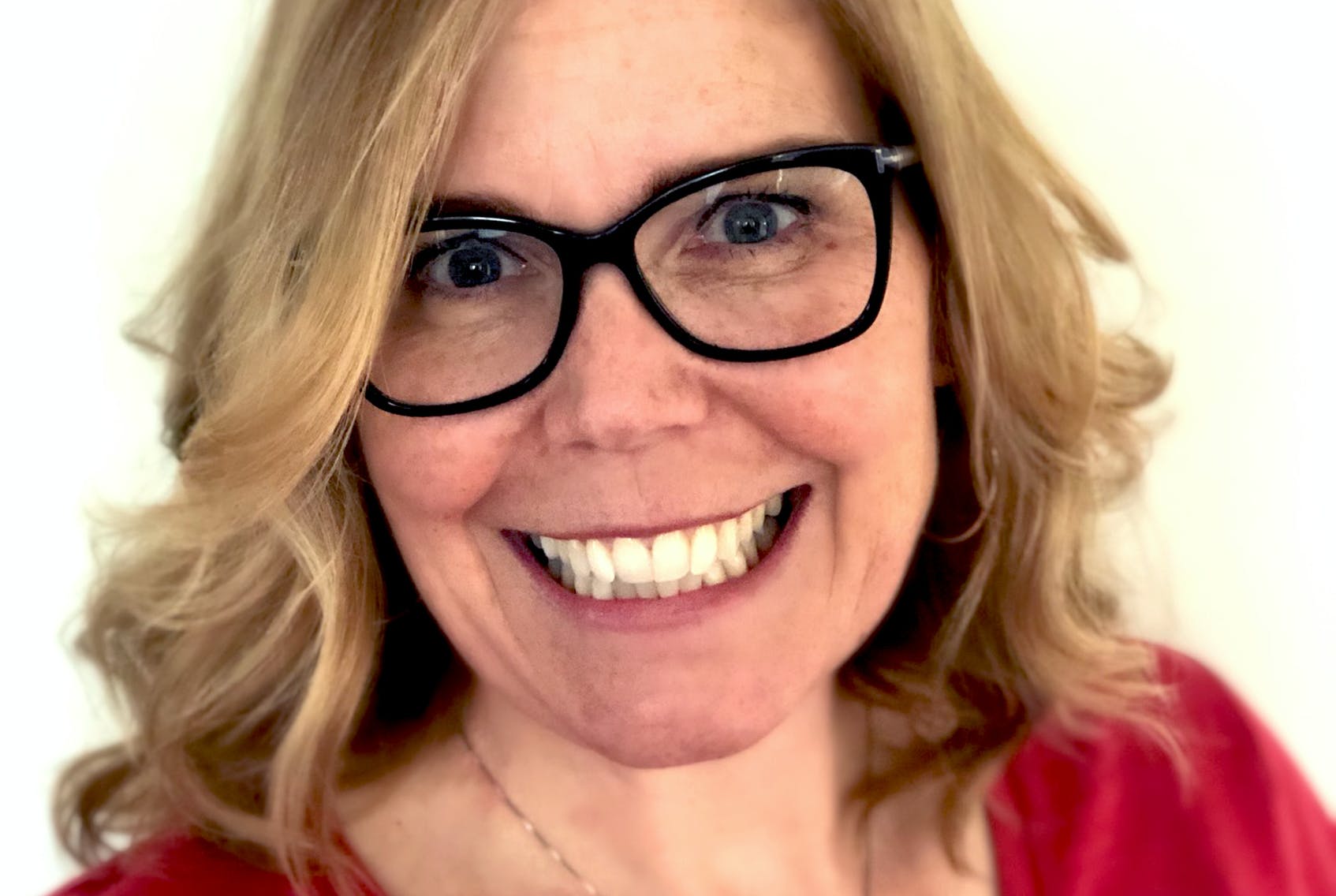In any market, it’s hard to make something out of nothing. Successful start-ups are like rare Rumpelstiltskins, spinning straw into gold just in time to give us a better chance at a full and fast recovery. But founding teams in the post-COVID era will be asked to take on more responsibility, most notably in the direction of their social and environmental decision making, as they bring their creations to market. Consumers have put their foot down in the name of their new normal; spinning the ‘gold’ can’t come at such a cost to the planet or its people.
‘There’s a tangible sustainable-imperative, and it’s changing our corporate world for the better,’ says Tara Milburn. Milburn is the CEO of Ethical Swag, a sustainable branding company that makes it easy for companies to offer products they can stand behind. ‘But it poses new challenges to early-stage companies who have to be more budget-aware.’
For those teams, this market moment can feel like they’re caught between a rock and a hard place. Sustainable solutions and improvements can be cost-intensive. But without some of those solutions, companies risk missing their consumer base entirely.
Luckily, a well-planned approach can help start-ups strike the balance. By prioritizing and staggering their green investments, early-stage companies can stay in conversation with their target consumers, improving their future earning potential and creating positive environmental change in the process.

The Best (Free) Place To Start—Opting For An Audit
According to a survey conducted by Accenture, 65% of consumers who’ve undergone a mindset shift through the pandemic are gravitating toward businesses with credible ‘green’ credentials. The B-Corporation certification is the Mount Everest of credentials in the corporate space. B Labs is a global company that’s spearheading industry change. Their accredited experts audit a company’s processes—from procurement to delivery to intra-team operations—and hold them to the highest standard of sustainability. A B-Corp certification affirms that a company is, to the fullest extent, fulfilling their role in building a sustainable and inclusive economy.
And while that’s an intuitive aim to adopt, it can be a long road to a B-Corp certification. A company is only eligible for a real certification when they’ve been in operation for over a year; there’s certainly no need for founders to climb Mount Everest overnight. But like any worthy goal, proper training is required. B Labs offers a free B Impact Assessment—a prerequisite to the real audit and a tool that founding teams can use in advance to see where they stand. The assessment measures the impact of the systems currently in place, measuring the impacts of the company’s operations on its workers, customers, community, and ecological footprint. ‘Taking this first step is an efficient and cost-effective way to get more specific about the company’s next steps,’ says Milburn. ‘The audit will illuminate the weak spots and over-spends in the company’s existing strategy.’
Making The Most of The Best Intentions
For a real sustainable future, all hands need to be on deck. Luckily, employees are ahead of the curve. Employers have an army of forward-thinking, highly motivated sustainability enthusiasts if they simply open the conversation and engage their existing team.
With the all-hands-on-deck approach, sustainability initiatives can be divided and conquered by different company teams. The programmers could research the best available carbon offsetting programs to account for company travel. Sales teams could think of engaging don’t-commute-to-work initiatives, creating incentives for small reductions in the company’s footprint. Managers could be assigned the task of finding and vetting building management solutions that toggle the use of energy and temperature control in unused spaces. At-home employees could be given time off to work with and learn from environmentally-focused organizations within their local communities. This list goes on, and as long as founders are thinking creatively about involving their teams in their eco-initiatives, they’re looking in the right direction.
Sooner, Rather Than Later – A Sustainable Supply Chain
Product manufacturing makes up a core part of a company’s ecological footprint, and poor environmental practices within a supply chain compound quickly. The e-commerce world puts new demands on vendors, from fast and flexible supply procurement to final-mile delivery. Those kinds of offerings are environmentally expensive.
But one good decision in the early stages can create a snowball effect of sustainable progress. By vetting suppliers, founders can build a responsible system from the beginning. Ethical sourcing requires the consideration of a supplier’s source, material, travel strategy, and employment protocols. Researching suppliers, vendors, and partners for their sustainability protocols is one extra step that will save a company incredible ecological spend in the long run.
There are two ways to make that research easier. The first is to seek out companies with green credentials, and to partner with suppliers who are transparent about their operations. B Corporations or companies with similar green certifications make them an easy choice. Second, the founding team can make their commitment clear and allow qualifying suppliers to come to them. The Dr. Pepper Snapple Group modeled this approach, developing a code of conduct for all its suppliers to follow. Associated suppliers must obtain all materials legally, follow the corporation’s quality guidelines, and operate under non-discriminatory guidelines when hiring workers. Having sourcing guidelines in place helps align companies with suppliers and vendors who have similar sustainability goals; this is a great decision for founders to make at the onset.
If more companies make the aforementioned changes—engaging in audits, creating team-based sustainability goals, and targeting ecological over-spends in their supply chain—there’s every reason to believe that we would start to see tangible progress on the large scale. Should that happen, consumers would be the ones to thank. ‘These new standards are a road sign that is pointing to the correct next direction,’ says Milburn. ‘Founding teams can take note, establish a pace that works for them, and walk confidently toward proper post-pandemic operations.’



































